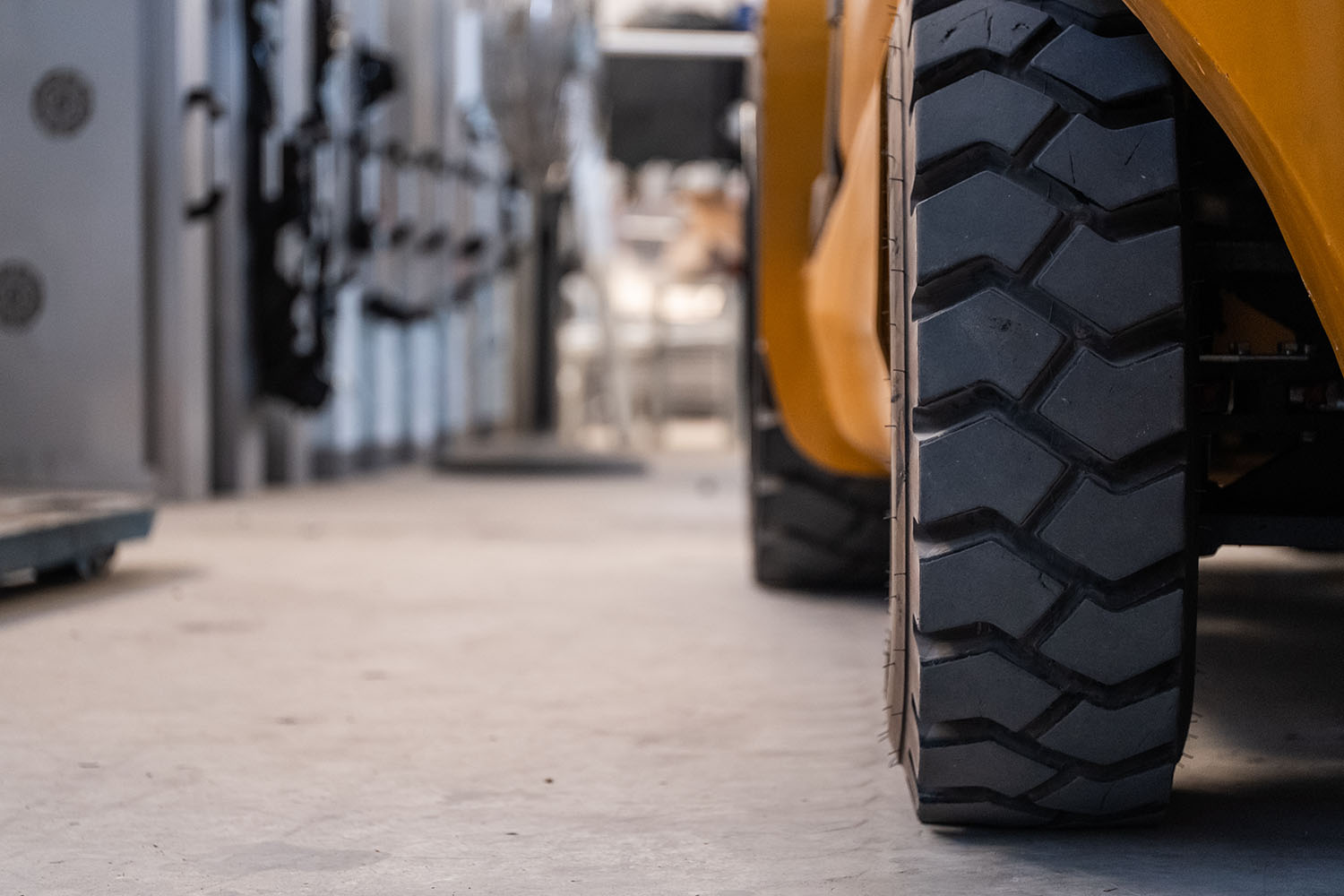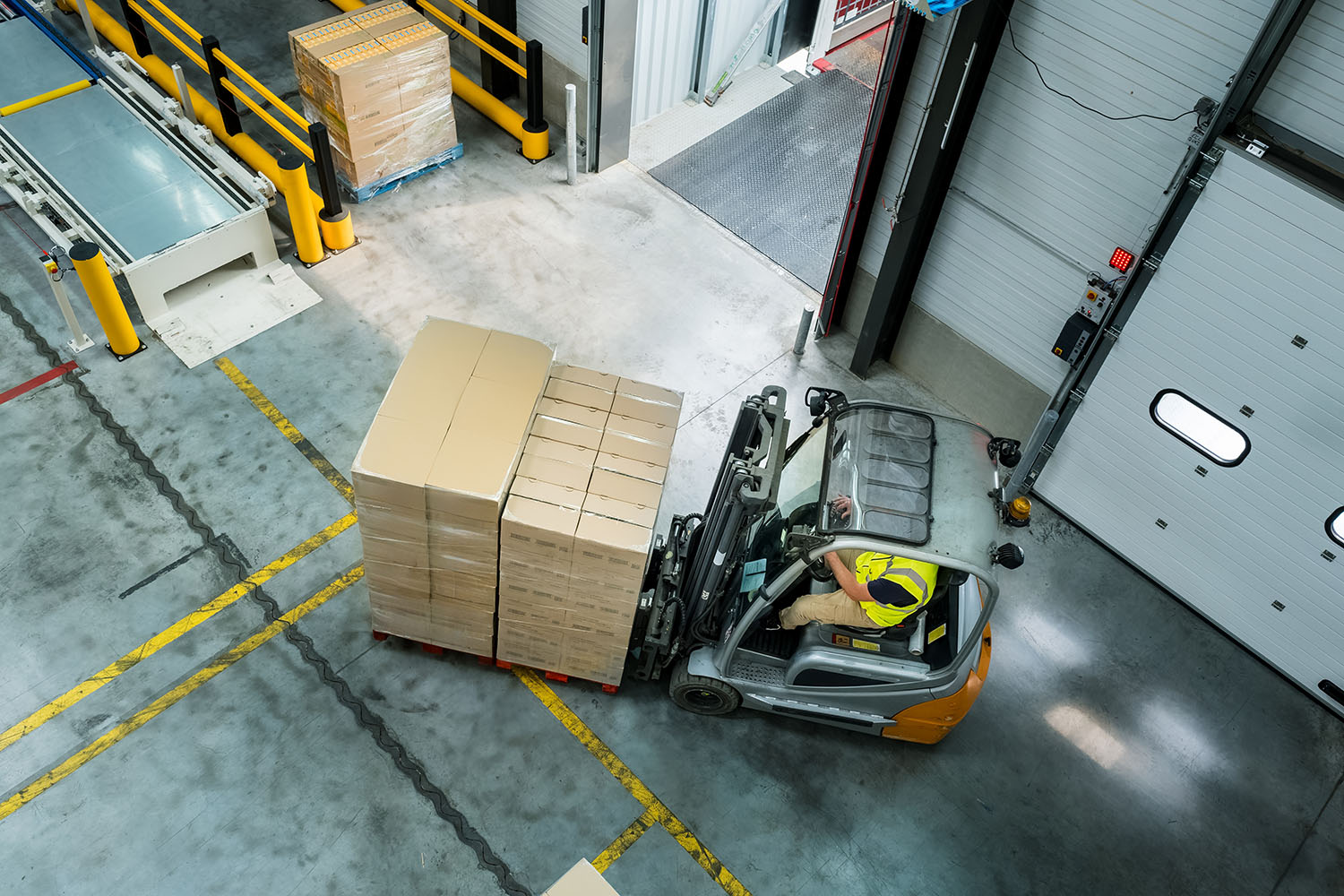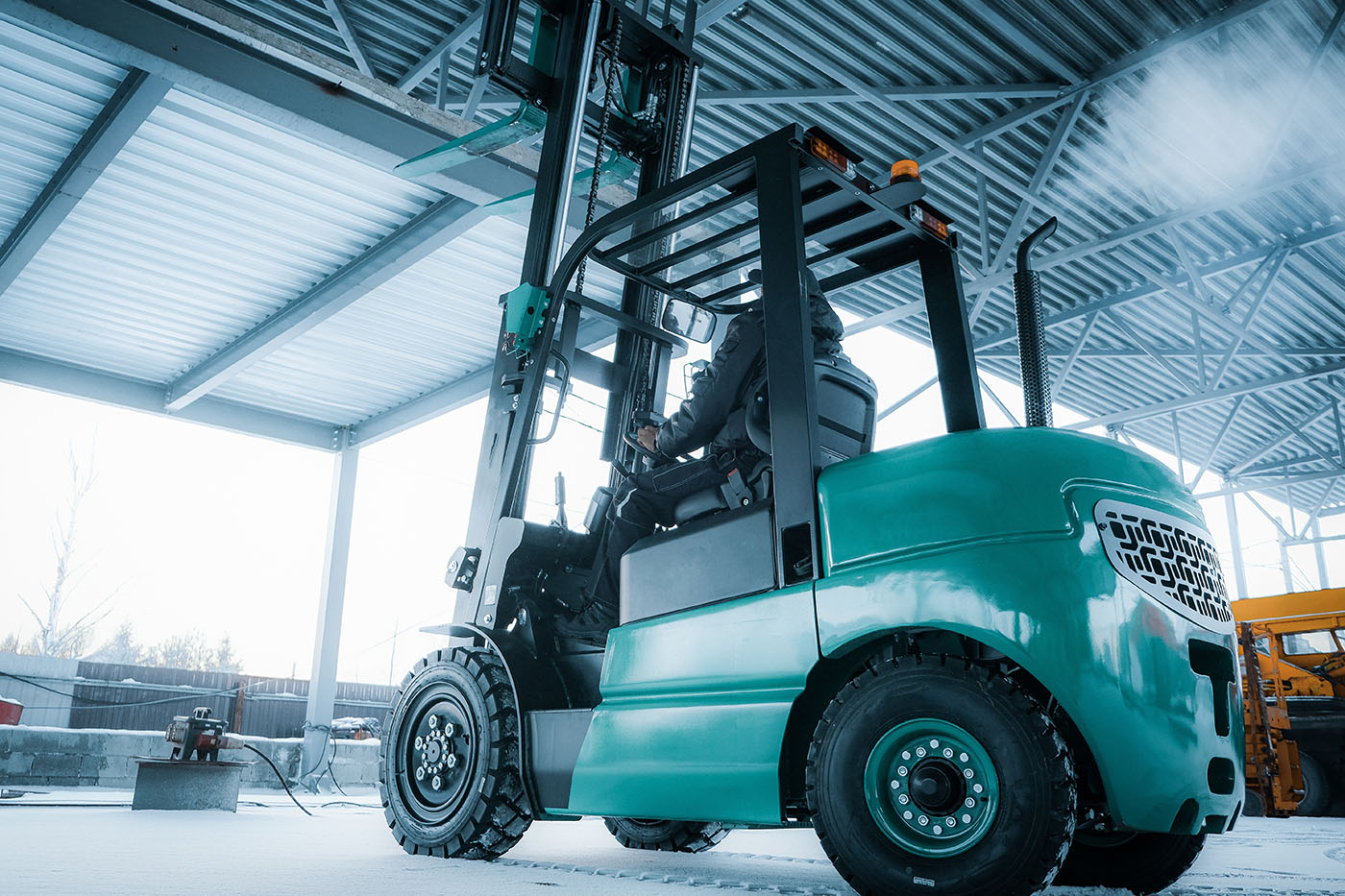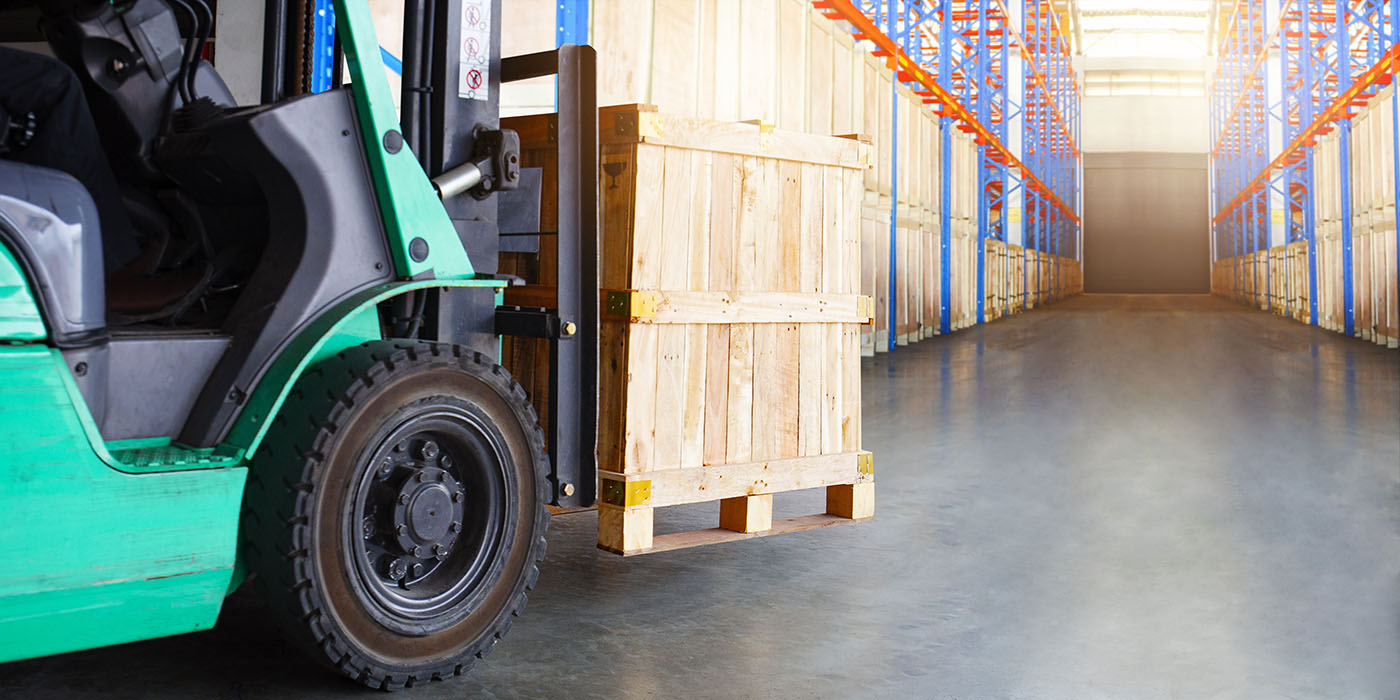As we discussed earlier this month, there are numerous benefits of forklifts as well as many different scenarios in which an individual or business may need to use this type of equipment. Depending on how you plan on using the forklift, you may benefit from one type of machine over another. In the past there was really only one type of forklift, however, today there are several different types to choose from. From electric to manual to rough terrain and large capacity, it pays to know the benefits of each. Taking the time to do your research and make sure you are choosing the equipment that is best for your application is extremely important, especially in today’s society. If you are not familiar with the various types of forklifts and other similar handling equipment, you may be putting yourself and those around you at risk of injury or accident. Forklifts are incredibly useful pieces of equipment, but they can also be dangerous if proper safety procedures are not adhered to. This is one of the main reasons why we thought it would be helpful to go over the most common types of forklifts and their uses.
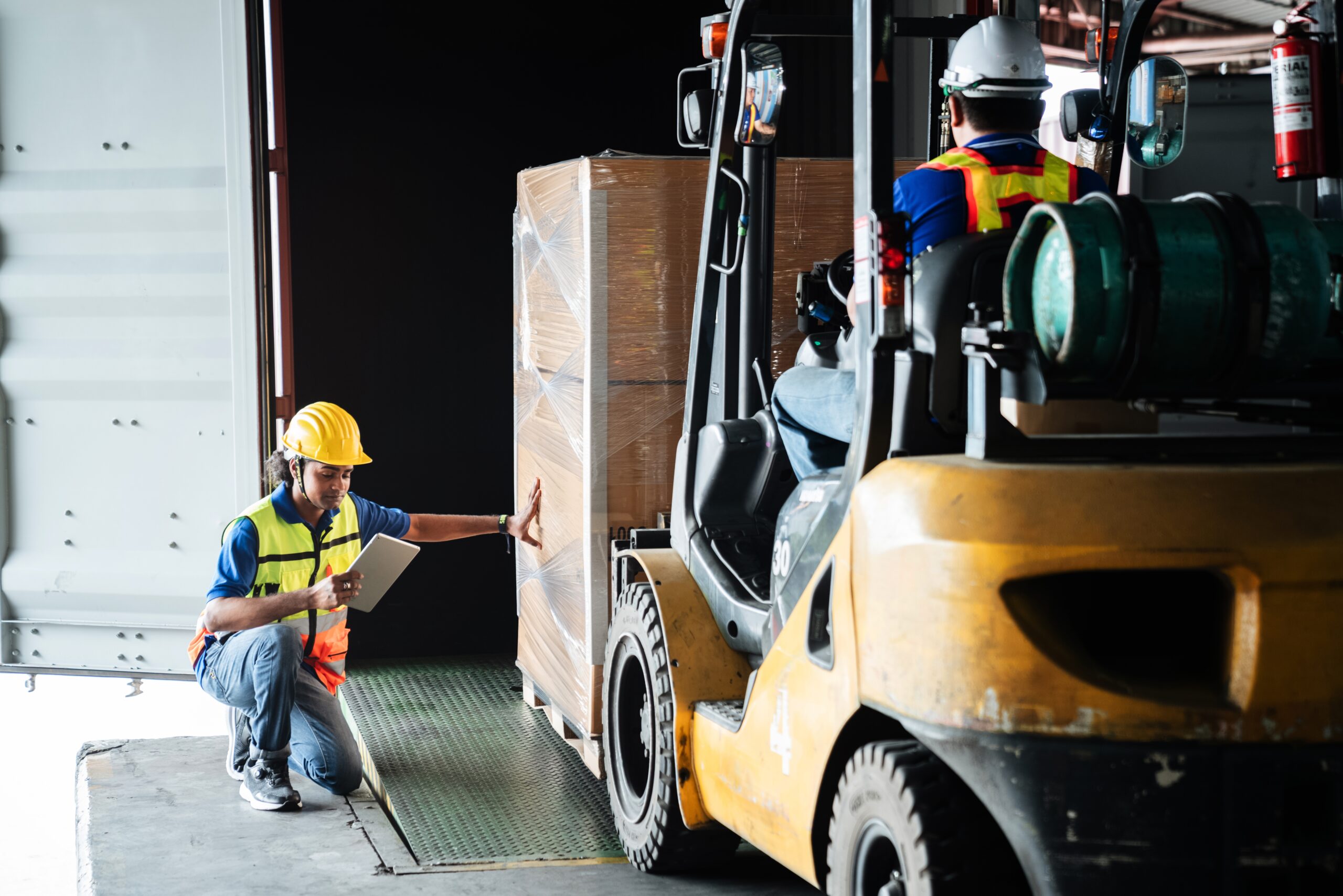
You will quickly find that the selection of electric and internal combustion forklifts on the market today is extensive, to say the least. However, there are very few models that are actually right for your needs. Each forklift is designed for specific purposes and functions, which is what makes them so efficient when used properly. Here is a look at a handful of the most common types of forklifts that you will find on the market and in our inventory, specifically:
- Three-Wheel Electric Forklifts – This type of forklift is intended to be used mainly indoors in a warehouse or some other type of smooth surface where it will be easy to move around. The three-wheel model is more compact than its four-wheel counterpart, making it ideal for smaller spaces. This electric forklift features cushion tires and can handle loads from 3,000 lbs to 5,000 lbs.
- Four-Wheel Electric Forklifts – This electric forklift is typically used for unloading trucks and moving pallets or other similar loads. Because this type of forklift is fitted with cushion tires, it typically is used indoors and should once again run on a smooth surface. Load capacities can range from 3,000lbs to upwards of 80,000 lbs, depending on the machine.
- Order-Pickers – Sometimes referred to as stock-pickers or man-up units, this type of forklift is typically used in narrow aisles. The rider stands on an elevated platform that can be adjusted so that he or she can pick up their intended load. These electric machines typically have a load capacity of around 3,500 lbs.
- Turret Trucks – This is another machine that is ideal for narrow aisles. Turret trucks feature a rotating mast that allows them to turn 90 degrees in either direction in order to pick up a load or stock shelves without having to the turn the entire base of the forklift.
- Rough Terrain Forklifts – This type of machine is ideally used outdoors over uneven ground. Powered by gas, diesel fuel, or compressed natural gas, these machines are great for lumberyards, construction sites, landscaping, and other outdoor applications. The maximum load capacity for these forklifts is 35,000 lbs or more.
If you are wondering about the different forklift motors – should I go electric or with an internal combustion machine? – or simply would like to discuss your options with a knowledgeable representative, you’ve come to the right place. To learn more about our equipment inventory or forklift rentals in Irving, please do not hesitate to contact Ace Equipment today. We are here to answer any questions you may have and will do our best to ensure you walk away with the right machine for your needs.

